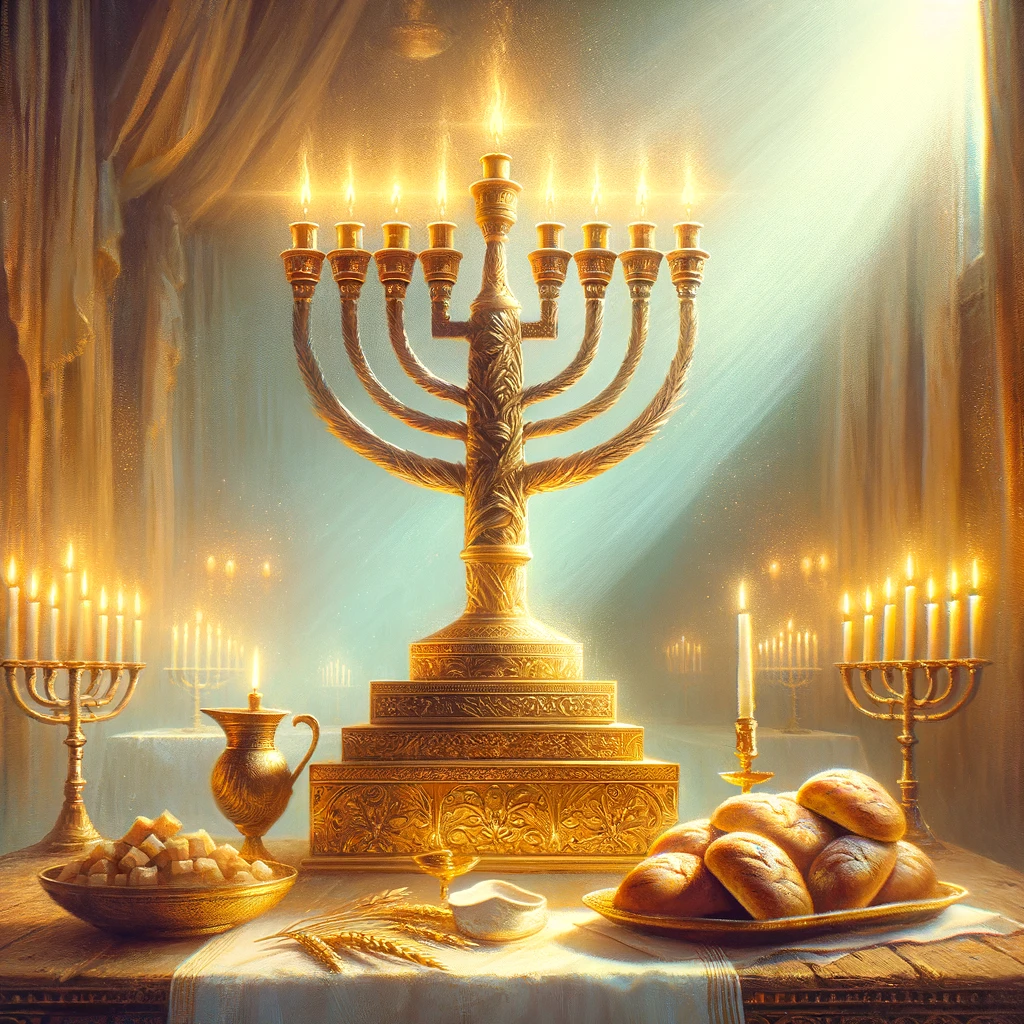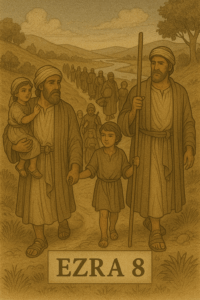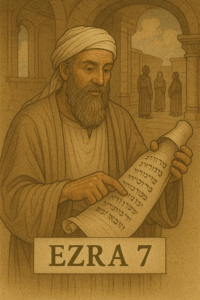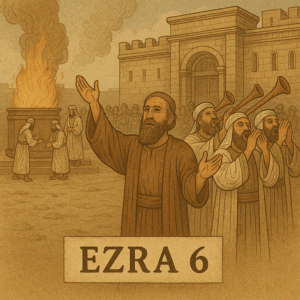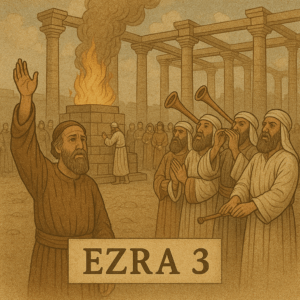Delving into Leviticus 24.
Leviticus 24 is a chapter in the Hebrew Bible’s Book of Leviticus, part of the Torah. This chapter offers a glimpse into the rituals and regulations surrounding the Tabernacle, the portable sanctuary used by the Israelites during their desert wanderings.
The chapter opens with God instructing Moses to have the Israelites provide pure olive oil to fuel the lamps in the Tabernacle (Leviticus 24:2). These lamps, positioned on the golden lampstand (Menorah), were to be kept burning continuously (Leviticus 24:3). This continual flame symbolized God’s presence abiding with the Israelites.
Leviticus 24 also details the preparation and presentation of the shewbread (Leviticus 24:5-9). The shewbread consisted of twelve loaves of unleavened bread placed on a golden table within the Tabernacle. These loaves were to be replenished every Sabbath and remained on display for a week before being replaced with fresh bread.
The latter half of Leviticus 24 (Leviticus 24:10-23) addresses a case of blasphemy and the punishment it entails. Blasphemy, in this context, refers to speaking disrespectfully or cursing against God. The passage prescribes the death penalty for such an offense.
Significance of Leviticus 24.
Leviticus 24 provides insights into several aspects of ancient Israelite worship:
1. The importance of maintaining a light source in the Tabernacle: The continual flame symbolized God’s presence and guidance.
2. The symbolism of the shewbread: The bread represented a continual offering of provision from God and the Israelites’ dependence on him for sustenance.
3. The seriousness of blasphemy: Blasphemy was considered a grave offense against God’s covenant with the Israelites.
Understanding Leviticus 24 offers a deeper appreciation for the rituals and practices that formed the foundation of Israelite worship. It highlights the emphasis on maintaining a sacred space dedicated to God’s presence and the importance of honoring the covenant between God and his people.
